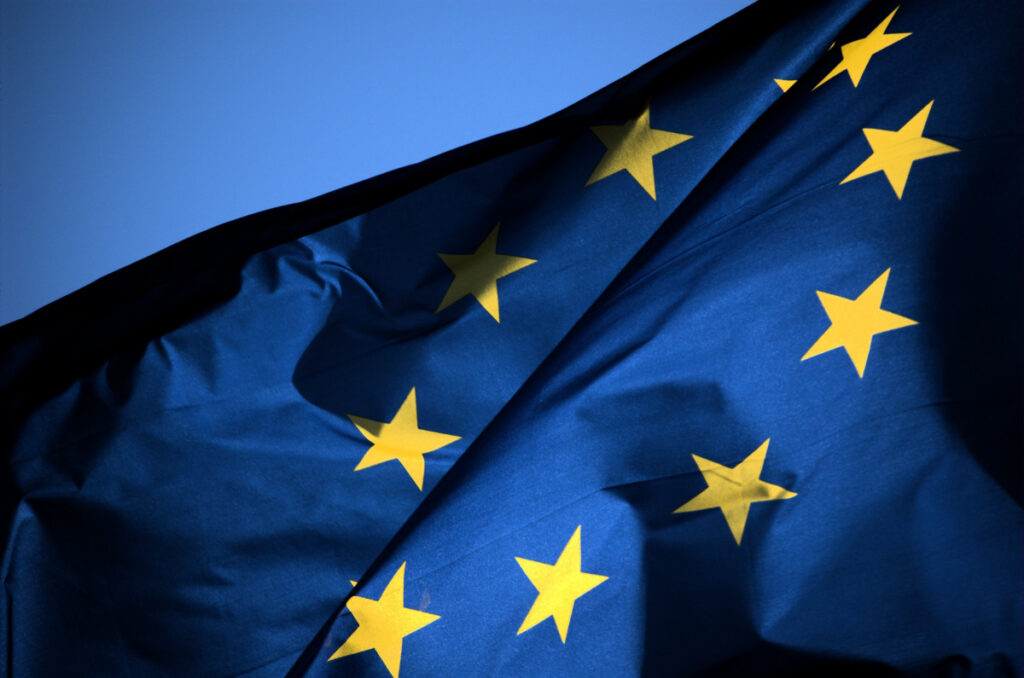Which Europe in a global and plural world?

May 9th is Europe Day. This date was not chosen by chance, because it commemorates the day when, in 1950, the process of European integration began with the Schuman Declaration. Just over two weeks before the elections to renew the European Parliament, we asked Professor Paolo Frizzi, Academic Coordinator of the Sophia Global Studies Center, to tell us something more about the situation in Europe today.
Prof. Frizzi, where is Europe today?
«Europe is at a crossroads, that it shares with the world. Just think about some of the transformations the world system is going through: from the resilience of armed conflicts to the consequences of the fourth industrial revolution, from the cracks in the financial system to the changing migration phenomenon, from digital insecurity to the environmental crisis. Global change today directly affects the peoples of Europe».
This does not sound like a very encouraging picture…
«It is certainly critical. New balances are weakening the institutional foundations of peaceful coexistence among nations and peoples. Integration processes, such as the European Union, are paying the price for change, for example».
What does this mean for the process of European integration?
«Europe unwillingly finds itself at the heart of these processes. We perceive the crisis as an internal degeneration of the European Union; actually, the world with its new dynamics is what dictates the pace of our nations’ political and institutional crisis. In other words: the stalemate of the integration process in Europe is also an effect of the reorganization of the extra-European order».
Perhaps this is not the right way to put it, but is it just somebody else’s “fault”, or does Europe have its own responsibilities in this stalemate?
«We have seen how ineffective the responses of European nations to the challenges posed by the new world scenarios have been: starting with the disorderly reaction to the economic and financial crisis that began in 2007/2008, to the inability to manage the Brexit case and the failure to adopt an “effective” European position on migration. We Europeans, instead of sewing together strong internal cohesion and solidarity in the face of new global scenarios, have preferred to leave a vacuum of common vision in which renewed sovereignist ambitions can hold sway. The fact that we have come to question the sustainability of the integration project should come as no surprise».
Then what needs to be done in this situation?
«At this critical time, we need to identify common reference points, so as not to waste the epochal opportunity European integration has offered us. For this to happen, we must focus on compelling reconciliation processes that should not be taken for granted, in order to heal divisions and rebuild unity, so that European governments, institutions and peoples can once again believe in a common intent and unitary vision at different levels of our institutions and civil society».
Where should we start from?
«Healthy self-criticism is required, but it is not enough: we have to recognize that the very efforts of integration are an asset for Europe and the world, because they reveal the difficulty and seriousness of the process. We have been successful for decades and have developed good practices that have shaped common markets, movements of people, EU public policies, and mechanisms and procedures for sharing sovereignty and representation. This cannot be lost. Even the challenge of Brexit, albeit painful, is not the end of the relationship between the UK and Europe, but the beginning of a new relationship and a new season».
In the perspective of brotherhood, what does Europe represent, then?
«Difficulties are teaching us that, on the one hand, differences are slowing integration down and, on the other hand, they refer us to an internal plurality that must be protected. The words of Pope Francis, spoken in 2016 when he received the Charlemagne Prize, are still very relevant: Europeans must remember that European identity has always been dynamic and multicultural. What does Europe represent? Three possibilities: integrating, engaging in dialogue, and generating. In other words, three tasks for the present time: to believe in cities as places of coexistence; to promote a culture of dialogue in which initiatives can be launched to rebuild our social fabric; and, lastly, to involve all levels of society without being afraid of the future».
